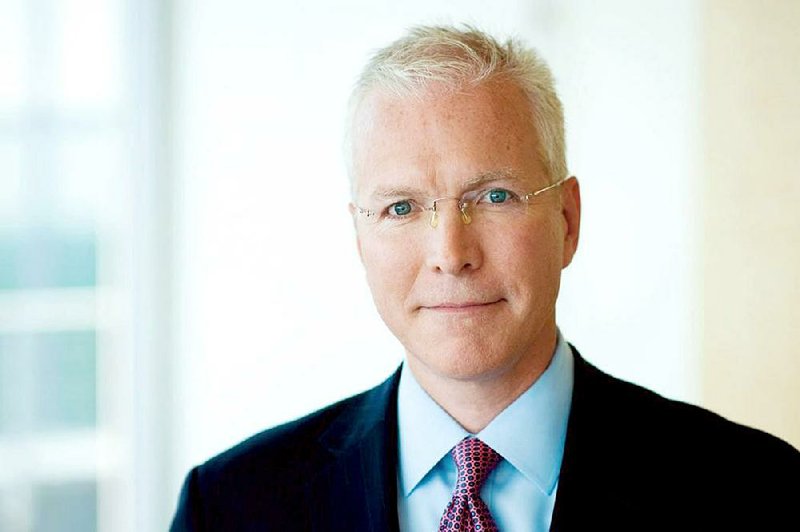Building brands will be just one aspect of Sean Connolly’s new job when he takes over ConAgra Foods in April.
The former chief executive of Hillshire Brands will lead a new portfolio of brands — Reddi-wip, Marie Callender’s, PAM, Chef Boyardee, Orville Redenbacher’s and Healthy Choice among them — but part of Connolly’s challenge will be turning around ConAgra’s private-label, or store brand, business. Tyson Foods bought Hillshire Brands in August.
“The American consumer has embraced the private-label brand,” said Bob Williams, senior vice president and managing director of Simmons First Investment Group Inc. “Everybody is having to watch their pennies for the most part. So the private-label brands — as long as they can keep the quality up — I think people will continue to go that direction.”
Nebraska-based ConAgra is at the center of the trend as the largest private-label packaged food business in North America, but the company hasn’t met expectations in that part of its business. In Arkansas, ConAgra has manufacturing facilities in Batesville and Russellville and a sales office in Bentonville.
About 23 percent of ConAgra’s revenue came from making food for retailers to sell under their own brand names in fiscal 2014, but only 9 percent of the company’s adjusted profits came from the sector.
ConAgra said the sector isn’t likely to improve soon. Competitive bidding and lost productionare reducing volumes, pricing and profit margins, the company said Thursday.
ConAgra’s branded foods garnered $1.8 billion in revenue and $177 million in profit for ConAgra — 41 percent of the company’s revenue and 35 percent of the company’s profit in fiscal 2014.
Higher income shoppers, supercenter shoppers, shoppers with children and men tend to prefer national brands, according to a Food Marketing Institute report.
Steve Goldstone, chairman of ConAgra’s board of directors, said Connolly’s branded food experience was one reason he was hired.
“His track record of building brands, energizing teams and creating value makes him an ideal fit,” Goldstone said in a release.
But the company’s struggles are occurring as consumers flock to store brands.
According to the Food Marketing Institute report, an increasing number of customers are buying store brands. That number jumped during the recession as Americans cut spending but isn’t dropping as quickly as the country is recovering, the report said.
“People are still hurting from the economy,” Williams said. “Once you’ve gotten used to flying coach, when you start to see the cost of going back to first class, a lot of people are content to stay in coach.”
At Kroger, store brands account for 26 percent of sales, the company said.
“Our expansive [store brands] offering is resonating with customers seeking high quality food at very good prices,” said Rodney McMullen, Kroger’s chief executive, during an investor call. “Our ability to deliver this combination of value sets us apart.”
And Wal-Mart is focusing on store brands in its grocery business. The company began selling products under the Price First brand last year.
ConAgra doesn’t say which grocery stores sellts store brand foods, but ConAgra’s largest customer is Wal-Mart, accounting for 17 percent of its sales. The measure includes sales of branded and nonbranded foods.
Since Tyson finalized its acquisition of Hillshire Brands, Connolly had been silent until the Thursday announcement.
A Tyson Foods news release announcing the completion of the $8.55 billion acquisition in August said he had “chosen to pursue other interests” but would consult during the integration process.
Before Hillshire Brands, Connolly was chief executive officer for Sara Lee North American Retail and Foodservice, as well as president of Campbell Soup North America.
